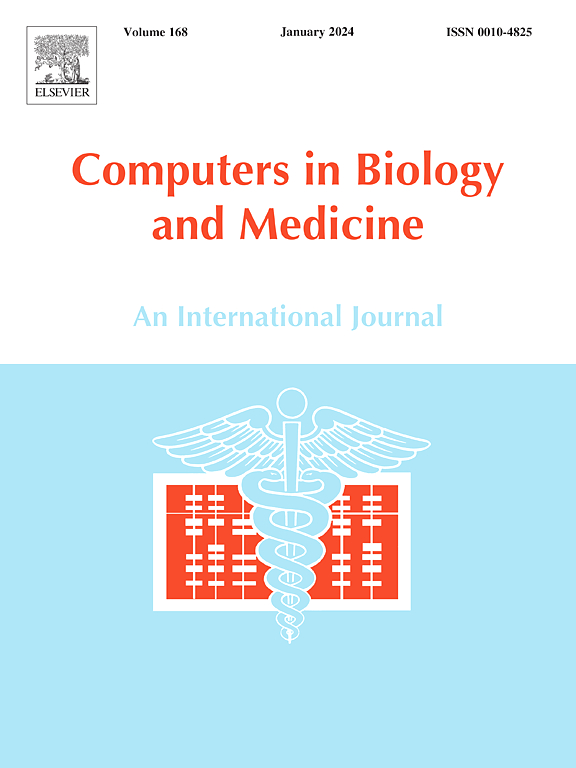Advancing the frontier of artificial intelligence on emerging technologies to redefine cancer diagnosis and care
IF 7
2区 医学
Q1 BIOLOGY
引用次数: 0
Abstract
Background
Artificial Intelligence (AI) is capable of revolutionizing cancer therapy and advancing precision oncology via integrating genomics data and digitized health information. AI applications show promise in cancer prediction, prognosis, and treatment planning, particularly in radiomics, deep learning, and machine learning for early cancer diagnosis. However, widespread adoption requires comprehensive data and clinical validation. While AI has demonstrated advantages in treating common malignancies like lung and breast cancers, challenges remain in managing rare tumors due to limited datasets. AI's role in processing multi-omics data and supporting precision oncology decision-making is critical as genetic and health data become increasingly digitized.
Method
This review article presents current knowledge on AI and associated technologies, which are being utilized in the diagnosis and therapy of cancer. The applications of AI in radiomics, deep learning, and machine learning for cancer screening and treatment planning are examined. The study also explores the capabilities and limitations of predictive AI in diagnosis and prognosis, as well as generative AI, such as advanced chatbots, in patient and provider interactions.
Results
AI can improve the early diagnosis and treatment of high-incidence cancers like breast and lung cancer. However, its application in rare cancers is limited by insufficient data for training and validation. AI can effectively process large-scale multi-omics data from DNA and RNA sequencing, enhancing precision oncology. Predictive AI aids in risk assessment and prognosis, while generative AI tools improve patient-provider communication. Despite these advancements, further research and technological progress are needed to overcome existing challenges.
Conclusions
AI holds transformative potential for cancer therapy, particularly in precision oncology, early detection, and personalized treatment planning. However, challenges such as data limitations in rare cancers, the need for clinical validation, and regulatory considerations must be addressed. Future advancements in AI could significantly improve decision-support systems in oncology, ultimately enhancing patient care and quality of life. The review highlights both the opportunities and obstacles in integrating AI into cancer diagnostics and therapeutics, calling for continued research and regulatory oversight.

求助全文
约1分钟内获得全文
求助全文
来源期刊

Computers in biology and medicine
工程技术-工程:生物医学
CiteScore
11.70
自引率
10.40%
发文量
1086
审稿时长
74 days
期刊介绍:
Computers in Biology and Medicine is an international forum for sharing groundbreaking advancements in the use of computers in bioscience and medicine. This journal serves as a medium for communicating essential research, instruction, ideas, and information regarding the rapidly evolving field of computer applications in these domains. By encouraging the exchange of knowledge, we aim to facilitate progress and innovation in the utilization of computers in biology and medicine.
 求助内容:
求助内容: 应助结果提醒方式:
应助结果提醒方式:


